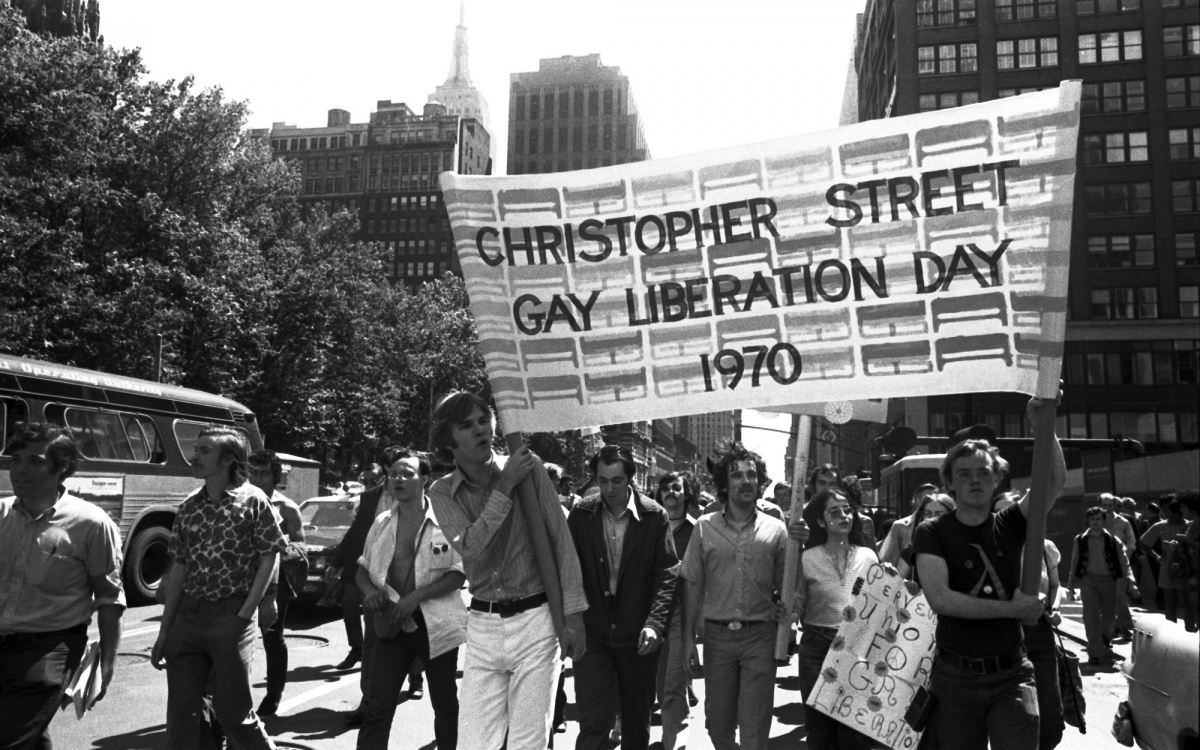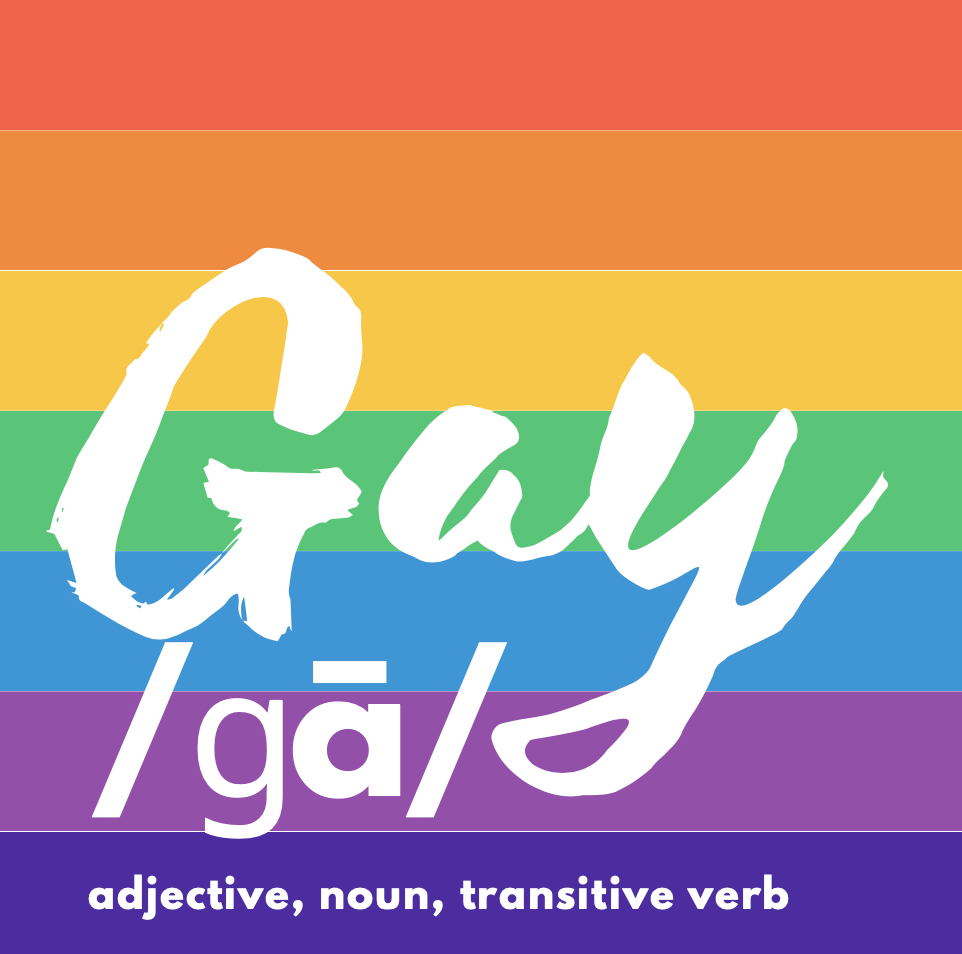
It's been a slur and it's been a rallying cry, but where did the word GAY come from?
Every word has a history. Some words have held the same meaning for thousands of years, while others update their wardrobe with the seasons. The English language comprises about a quarter of a million words. With such rich a variety of potential autonyms in our lexical closet, when and why did queer people begin to identify themselves as “gay?”
The word “gay” first appeared in English sources during the thirteenth century to describe brilliant colors, and its usage evolved through the centuries to include fine attire, a quick wit, and sexual freedom. Geoffrey Chaucer first deployed “gay” as a synonym for “cheerfulness” as early as 1385, However, five centuries passed before queer communities in cultural capitals like Paris, New York, and Berlin claimed Chaucerian gayness to identify themselves.

By the 1920s, the homoerotic writings of the indominable Gertrude Stein—an American expatriate in Paris—popularized “gay” to describe the fashionabe places where the queer illuminati gathered. “Gay” functioned as an affirmative shibboleth for queer people to safely and discretely identify themselves to one-another. The term was originally gender neutral, often with the French spellings gai or gaie in a kind of transnational burlesque among a network of influential queer writers. “Gay” gained wider usage during World War II, as millions of queer people came together in an international war effort. By the 1960s, “gay” entered the lexical mainstream during the Gay Liberation Movements. By publically identifying as “gay,” LGBT+ activists rejected the clinical taxonomy of “homosexual” or slurs like “queer.”
By the 1990s, “gay” increasingly connoted male-male sexual attraction. The LGBT+ activist group Queer Nation reclaimed “queer” from its pejorative past. By 2020, “queer” has succeeded “gay” as a more inclusive yet open-ended descriptor of LGBT+ identities and experiences.
RCIA but Gay is a weekly column dedicated to telling the stories of Queer history around the world.